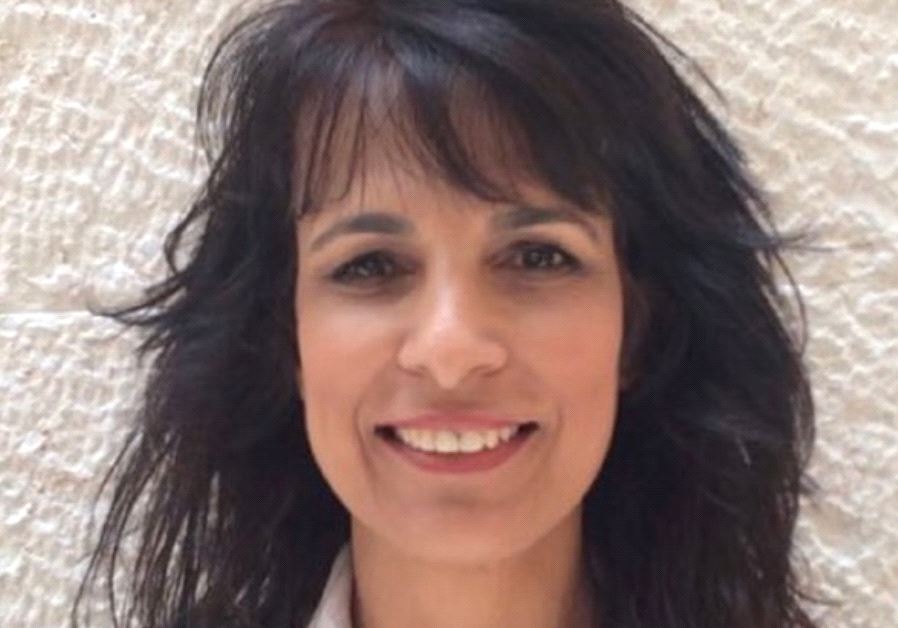Was Shurat Hadin the catalyst for reining in incitement on social media?
On June 18, Google’s general counsel announced that the company is implementing new methods of cracking down on extremist content uploaded to YouTube.
 (photo credit: SHURAT HADIN)Updated:
(photo credit: SHURAT HADIN)Updated: